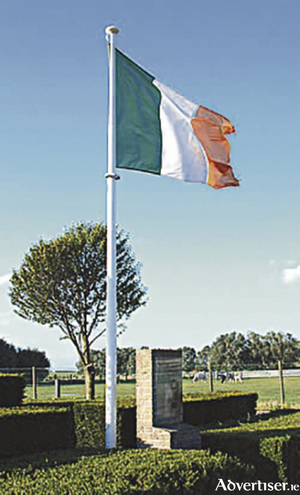Search Results for 'David Lloyd George'
11 results found.
Endgame of the War of Independence - Galway July 1921
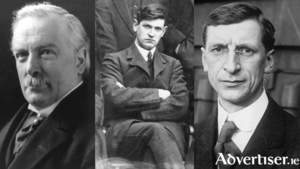
On July 9 1921, the British Government entered talks with Sinn Féin resulting in the Truce coming into effect on July 11 at midday.
Murder in the city, intimidation in the county - Galway, May 1921
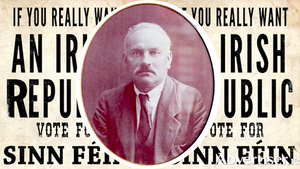
The Government of Ireland Act came into being on May 3 1921, resulting in a parliament for the six northern counties and devolved powers for the 26 counties.
MacNeill feared a bloodbath if unarmed Volunteers came out
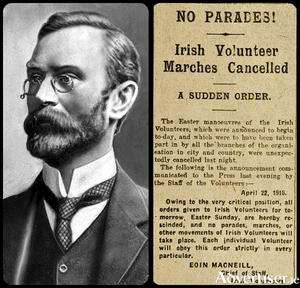
‘How did the Germans receive our plans? With polite incredulity’…..wrote Liam Ó Briain, the Galway professor who took part in the 1916 Rising, ‘ignorant of Ireland they viewed us as forlorn visionaries, and even doubted whether we would be rash enough to challenge the armed might of England’.
'If one policeman is shot here up goes the town'
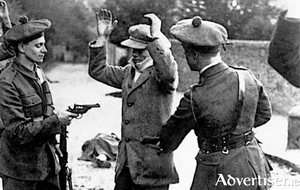
By early 1921 Britain’s war in Ireland was not just a moral issue, but a financial one. The sheer expense of solving 'The Irish Question', considering financial reparation for the loss of civilian life and destruction of private property, along with the price tag of the Crown Forces’ operations in Ireland, was staggering.
The killing of Michael Moran - Galway city, 1920
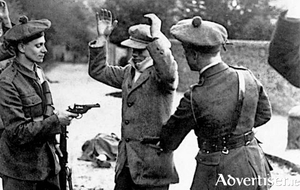
Sinn Féin’s declaration of an Irish Republic on January 21 1919, along with the killing of two RIC officers in Tipperary by the IRA on the same day, signalled the start of a guerrilla war for Irish independence.
Mayor Cubbard condemns RIC commemoration as 'disingenuous'
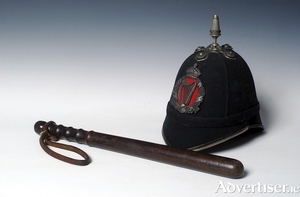
It makes no sense for the State and the Government to commemorate an organisation which sought to prevent an Irish state and Government from coming into existence, especially an organisation of which the notorious Black and Tans were a part.
Grief and despair on Galway streets November 1920
Sunday November 21 1920, known as ‘Bloody Sunday’, marked one of the most significant events in the Irish War of Independence. The day began with an IRA operation, organised by Michael Collins, to assassinate the so called ‘Cairo Gang’ - a team of undercover British agents, working and living in Dublin. IRA members went to a number of addresses, and shot dead 14 people including nine army officers.
Mayo TDs and the Treaty debates
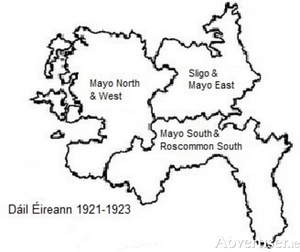
This January 7 marks the 95th anniversary of one of the most influential votes to have been taken by Dáil Éireann. The result of the Anglo-Irish Treaty vote continues to shape Ireland’s relationship with Britain and her place within the family of European and global nations to this day, as it does the domestic politics on this island. The Treaty was an agreement between the government of the United Kingdom and representatives of the Irish Republic, signed on December 6 1921, which brought the War of Independence to an end.
Dáil Eireann - ‘The only Government that I recognise’
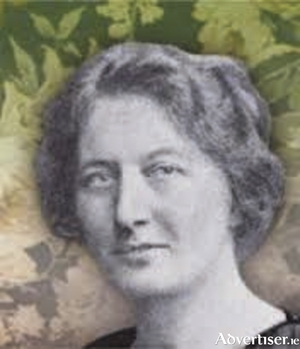
Following the throwing out of the so called Galway Resolution in December 1920, by which some Galway county councilors attempted to reject the authority of the newly elected Dáil, to rescind the process of passing on the rates' revenues to the Dáil (rather than to the British authorities); and to absurdly propose to bring the War of Independence to a close by directly offering to negotiate with the British prime minster David Lloyd George, the council'c vice-chairman, Alice Cashel, was arrested almost immediately.
